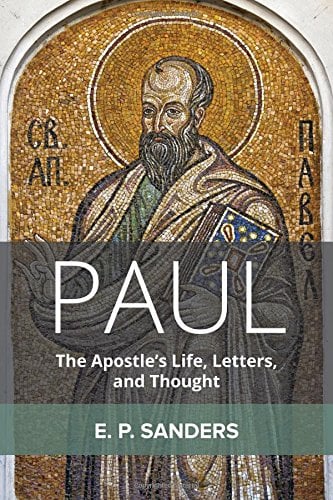Gal. 6.7-9 makes clear Paul thinks there is rewards for good deeds as well as punishment for bad deeds. You reap what you sow. p. 561– Again works of the Law are not good deeds and vice versa. “With the exception of idolatry and sexual activity, the vice lists are about actions that hurt other people, and the virtue list, governed by the biblical commandment to love one another is entirely about how to act towards others. Ethically Paul is... Read more









